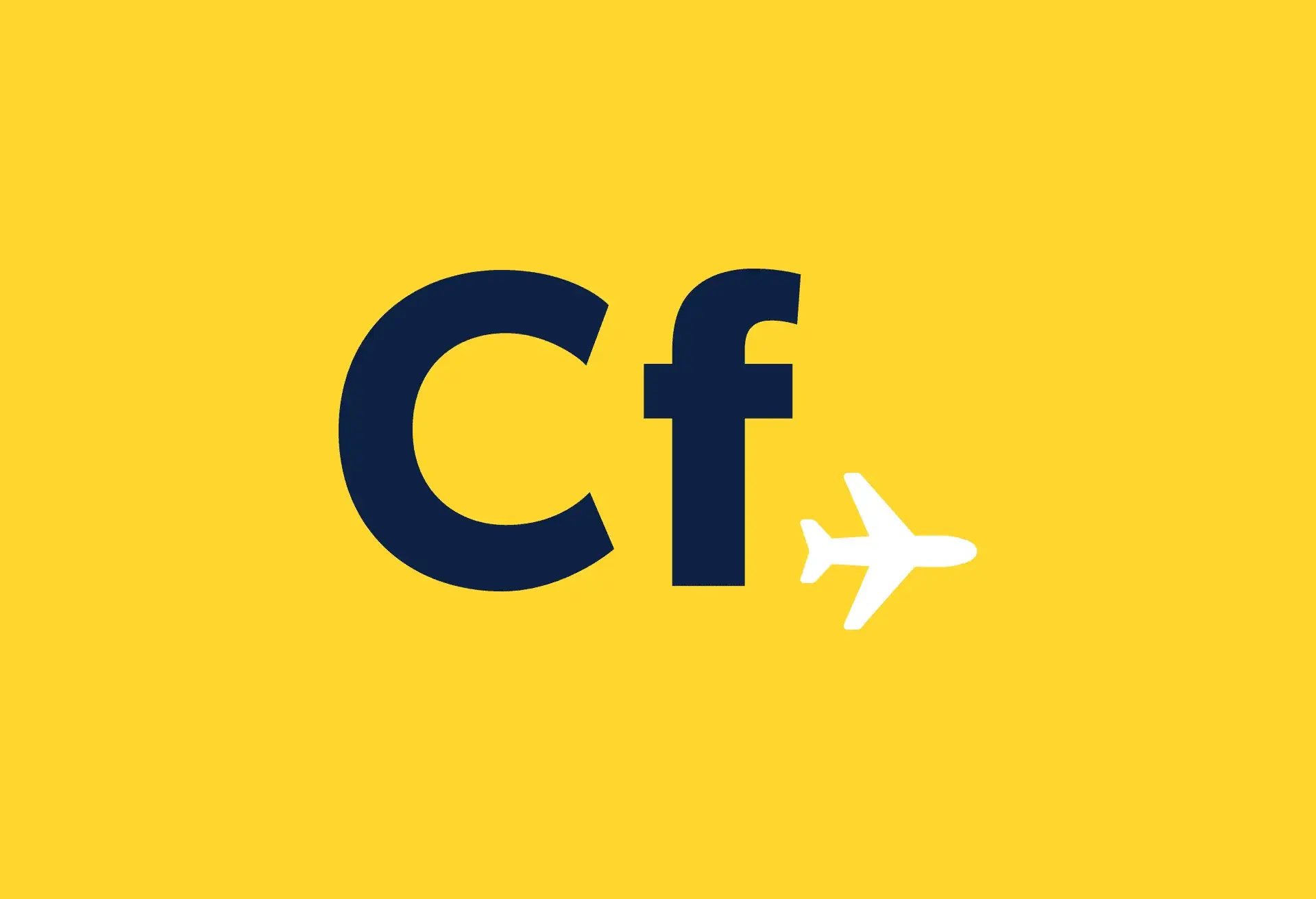David Stone of Inside Traveller shares his top tips for enjoying a round-the-world trip. For more expert insight be sure to check out Inside Traveller’s blog, In The Air, which is also edited by David.
None of these points are earth-shattering but, collectively, they will help you get the most out of a round-the-world ticket. Many of the points apply equally to any long-range itinerary with several stops en route.
- When planning your itinerary, be careful not to arrange too many stops. It is tempting to think of round-the-world tickets as some sort of all-you-can-eat buffet. But without a little care, you can get indigestion and travelling can become hard work. Just because a ticket allows you to stop at X number of cities “without extra charge,” it does not mean there is no cost to you. Taxes and local charges have to be paid at each airport and these can really mount up. Also, each stop involves the cost of transport to and from a city centre. A “free” stop in a city can easily cost £60 before you have even paid for a hotel or food.
- Most people pay great attention to the departure time of their first flight and, maybe, the arrival time of their return flight. Obviously these are important, but you should also consider the timings of all flights on your trip. Remember, hotels normally only allow you to check in from early afternoon, and rooms have to be vacated by 11am or 12pm. Early-morning arrivals or late-night departures can leave you ‘homeless’ for hours on end. A couple of these might be unavoidable, but too many could become really tedious.
- Consider using airport hotels as a way of reducing cost. Let’s say you have a flight due to arrive in a city in the early evening. By the time you have got into the centre you will probably only want to have a quick meal and go to bed. Since an airport hotel might cost £50 a night – compared to, say, £90 for a city hotel of equivalent standard – you are wasting the cost of the more expensive hotel because you are not going to be able to enjoy it. Spending the first (or last) night at an airport hotel cuts the overall cost and makes better use of your budget.
- When spending time in big cities it is wise to stay as central as possible and book the best hotel within your budget. Better to spend three nights in a central New York hotel than four nights in a hotel in a more remote area. You are likely to get a much better experience of the city that way.
- Work out which destinations on your route are ‘cheap’ and which are ‘expensive’ and try to plan accordingly. You also need to allow a few days for rest – it is good to have a break of five days at one hotel every so often, rather than just darting from city to city for two nights at a time. For example, you could say that Bangkok is ‘cheap’ and Hong Kong ‘expensive’. You might therefore plan to have a longer stay in Bangkok, where you can find plenty of reasonable accommodation at all levels, and then just a couple of days at a good class hotel in the centre of Hong Kong. Or you could choose Las Vegas as a cheap resting point in between visits to expensive cities like San Francisco, Chicago and New York.
- Mix the price and quality of hotels to add some variety to the trip. If you combine all the points above, you can see that an eight-night trip through Bangkok and Hong Kong can be quite economical. You can spend longer in Bangkok, at a decent medium-grade hotel. Maybe the first night of your stay in Hong Kong could be at an airport hotel, and the saving on this would allow you to splurge a bit on a higher quality hotel in central Hong Kong for a couple of nights.
- Whether you book your ticket direct with the airline or through an agent, the first airline you fly with is the ‘issuing airline’. Airlines like to boast of the advantages of their alliances and the “global, seamless service” they offer, but if you need to make changes to a ticket you will very often be referred back to the issuing airline. It therefore makes sense to take your first flight with a well-organised, large airline with offices around the world. If only for this reason, I would choose to take a first flight, for example, with British Airways rather than Malev, or with Lufthansa rather than TAM.
- If you are trying to collect frequent flyer points on your long journey, you should give some thought as to which airline card you use, assuming you have a number of different cards. You can normally only use one card for the whole journey. Earnings benefits can vary quite significantly between cards, so you need to work out exactly what you will get.
- If you are not a member of any airline frequent flyer scheme then you should join the scheme of the airline you fly with first. Even if the journey earns you little or nothing, it is worth registering just in case. A round-the-world trip in Economy can – with some skill, and taking care to use the right airlines and card – earn you enough for a short flight to Europe.
- Match the airlines you fly with to your requirements on each leg. For example, if you are flying in Economy, you might prefer to avoid long, overnight flights. A round-the-world ticket gives you every opportunity to keep these to a minimum. Similarly, if you have decided to fly Business Class, you should make sure that the longest sectors are on quality airlines that offer the best service available.
This guest post was contributed by David Stone of Inside Traveller. The views expressed in this article are the author’s own and do not necessarily reflect those of Cheapflights Ltd.
© Creative Commons image: stevecadman



